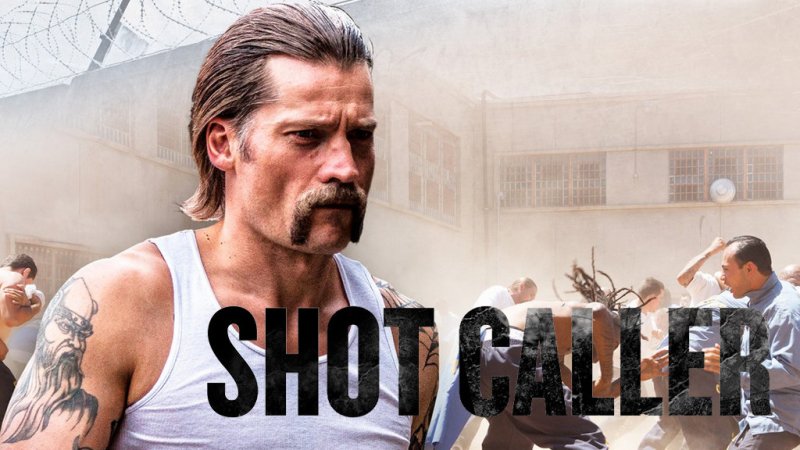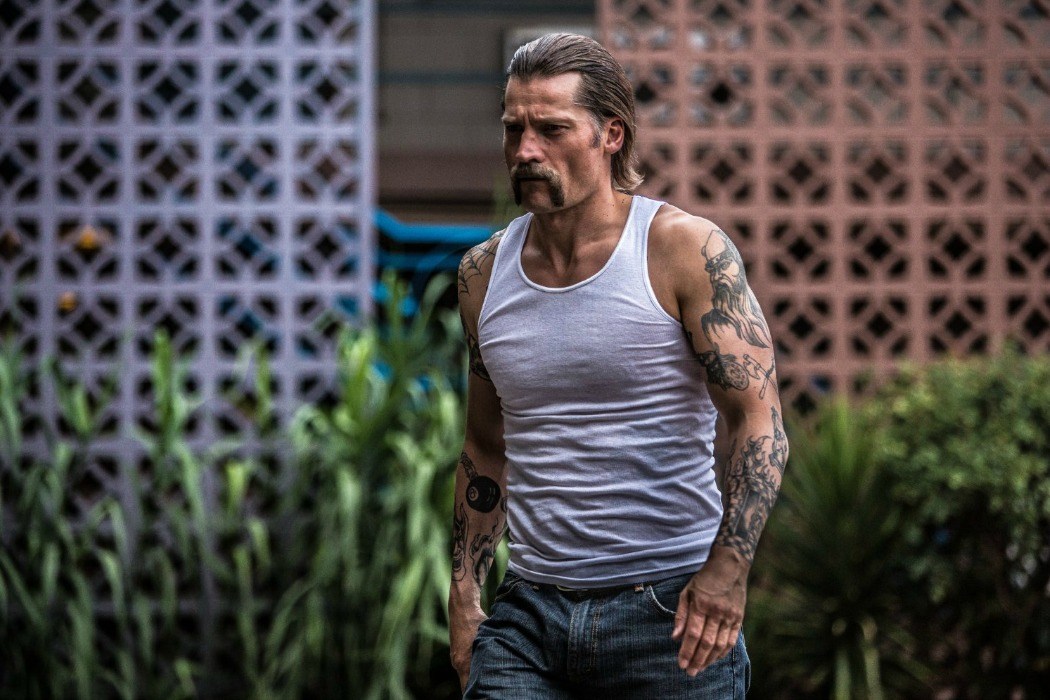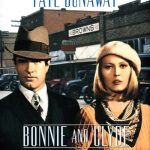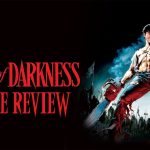“Shot caller 2017’’

Overview: Shot Caller is a 2017 American crime drama directed by Ric Roman Waugh, starring Nikolaj Coster-Waldau, Omari Hardwick, Lake Bell, Jon Bernthal, and Jeffrey Donovan. The film provides a grim, realistic look at the prison system and how incarceration can transform a man. It follows the descent of a successful businessman into a hardened criminal, focusing on his survival within the brutal prison hierarchy and the psychological toll of the choices he makes.
Plot Summary: Jacob Harlon (Nikolaj Coster-Waldau) is a successful stockbroker living a comfortable suburban life with his wife, Katherine (Lake Bell), and their son. However, everything changes when Jacob is involved in a drunk-driving accident that results in the death of his best friend. Sentenced to prison, Jacob quickly realizes that the rules of survival in prison are harsh and unforgiving.
To protect himself, Jacob aligns with a violent gang of white supremacists. Over time, his increasing involvement in the gang’s activities changes him completely, turning him into “Money,” a cold, calculating enforcer. As Jacob sinks deeper into the criminal world, he is forced to commit violent acts to maintain his standing within the gang. His transformation is driven by the need to survive, but it comes at the cost of his humanity and his relationships with his family.
After his release from prison, Jacob finds himself pulled back into the criminal world by the gang, who demand that he carry out one last job. With no way out, he faces a moral dilemma: follow the gang’s orders to protect his family or find a way to escape the life that prison has forced upon him.
Character Development: Nikolaj Coster-Waldau’s performance as Jacob is the emotional center of the film. He effectively captures Jacob’s evolution from a law-abiding, middle-class family man to a hardened criminal who has lost his moral compass. The transformation is gradual, with each violent act Jacob commits pushing him further from the man he once was. The film emphasizes his internal conflict, as he struggles to reconcile his past self with the ruthless enforcer he has become.
Lake Bell, as Katherine, delivers a strong performance in her limited role. Her character is central to Jacob’s motivations, as his desire to protect his family becomes one of the few things that still connect him to his old life. However, as Jacob becomes more entrenched in the criminal world, his relationship with his wife deteriorates, adding emotional depth to his journey.
Jon Bernthal, as Shotgun, plays a fellow gang member who helps guide Jacob through the dangerous world of prison politics. His intense performance adds a layer of unpredictability to the film, as his character’s violent tendencies contrast with Jacob’s initial reluctance to embrace the criminal lifestyle.
Jeffrey Donovan, as Bottles, portrays a high-ranking gang leader whose cold demeanor and manipulative nature push Jacob deeper into the criminal world. His character represents the inescapable pull of the prison gang system, forcing Jacob to make choices that leave lasting scars on his psyche.
Cinematography and Atmosphere: The cinematography by Dana Gonzales is gritty and intimate, capturing the bleak, oppressive environment of the prison system. The use of shadows, muted colors, and tight framing helps to create a sense of claustrophobia and tension, mirroring Jacob’s mental state as he becomes more trapped by the life he’s chosen.
The film’s portrayal of prison life is unflinching, focusing on the brutality and violence that permeate every aspect of the inmates’ lives. From the brutal fights to the tense standoffs between rival gangs, the atmosphere is one of constant danger and mistrust. This oppressive setting serves as a backdrop for Jacob’s transformation, emphasizing how prison forces individuals to adapt or perish.
Direction and Pacing: Ric Roman Waugh’s direction is tight and focused, keeping the film grounded in its character-driven narrative. The pacing is methodical, allowing the audience to witness the slow, deliberate changes in Jacob as he descends into the criminal underworld. Waugh avoids glamorizing the violence, instead presenting it as a grim necessity for survival in the prison system.
The film’s structure, alternating between Jacob’s time in prison and his post-release life, adds depth to the story, showing how his choices in the past continue to haunt him in the present. This nonlinear storytelling effectively builds tension, as the audience slowly learns how Jacob’s actions have led him to his current predicament.
Themes: Shot Caller explores themes of survival, power, and the dehumanizing effects of the prison system. The film highlights how even a successful, law-abiding man can be transformed by the brutal realities of incarceration, forced to abandon his morals and embrace violence in order to survive.
The film also examines the idea of loyalty, particularly within the context of prison gangs. Jacob’s loyalty to his gang conflicts with his desire to protect his family, creating a moral dilemma that drives the film’s emotional core. The cost of survival in prison is not just physical but also psychological, as Jacob loses his identity in the process of becoming “Money.”
Another key theme is the cyclical nature of crime and punishment. The film shows how the prison system can entrap individuals, making it difficult for them to escape the life of crime even after their release. Jacob’s inability to break free from the gang’s influence underscores the lasting impact of incarceration on an individual’s life.
Violence and Tone: Shot Caller is a brutal film, and its violence is raw and unflinching. The prison fights and gang-related killings are portrayed with a stark realism, emphasizing the high stakes of survival in a violent world. The tone of the film is dark and somber, reflecting the grim reality of Jacob’s situation and the moral compromises he must make.
The film’s violence is not gratuitous, but it serves to highlight the harshness of the prison system and the criminal world. Each act of violence has consequences, both for Jacob and for those around him, adding weight to the film’s exploration of power and survival.
Conclusion: Shot Caller is a gripping, intense crime drama that offers a raw, unfiltered look at the transformation of a man within the brutal prison system. With a standout performance by Nikolaj Coster-Waldau and strong direction from Ric Roman Waugh, the film effectively captures the psychological toll of violence and the moral compromises required to survive in a world where power and loyalty are everything.
The film’s realistic portrayal of prison life, combined with its exploration of loyalty, identity, and survival, makes Shot Caller a compelling and thought-provoking watch. While it’s a bleak and sometimes disturbing film, its emotional depth and character-driven narrative set it apart from typical crime dramas. For those interested in gritty, character-driven stories about the prison system and the consequences of crime, Shot Caller is a must-watch.











